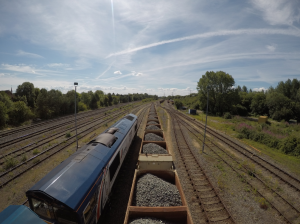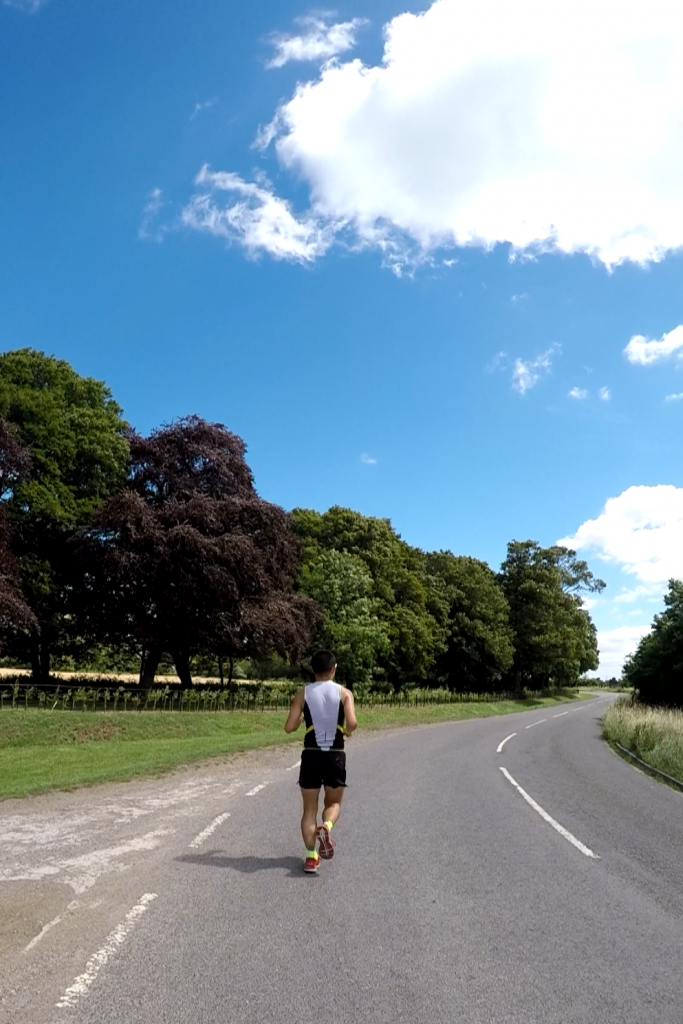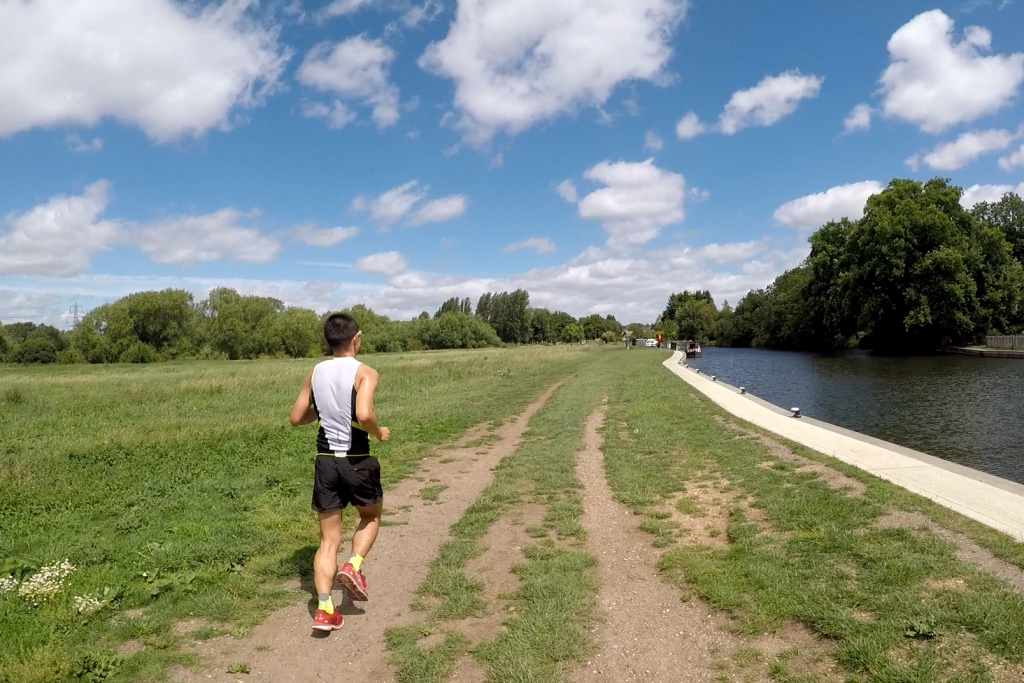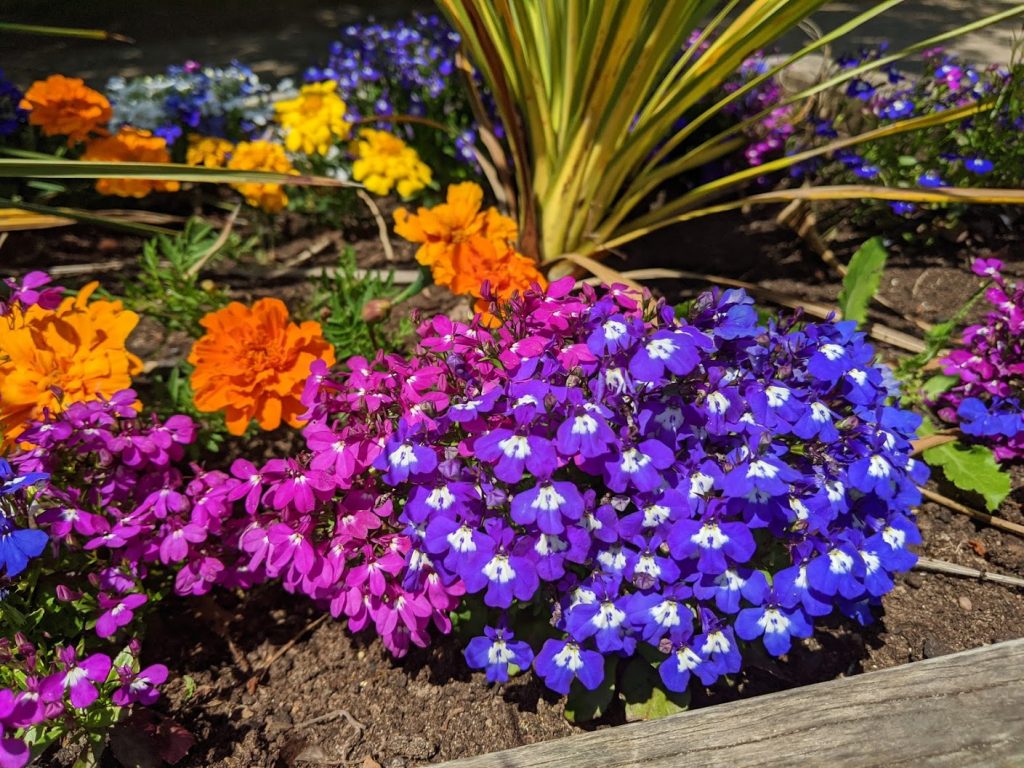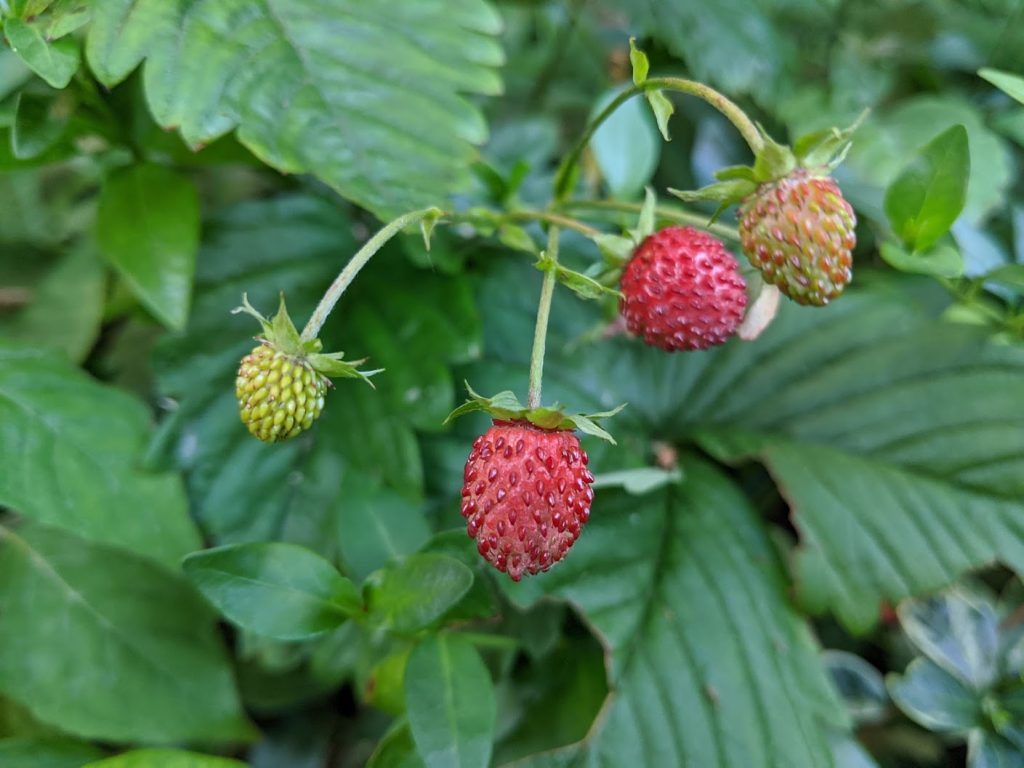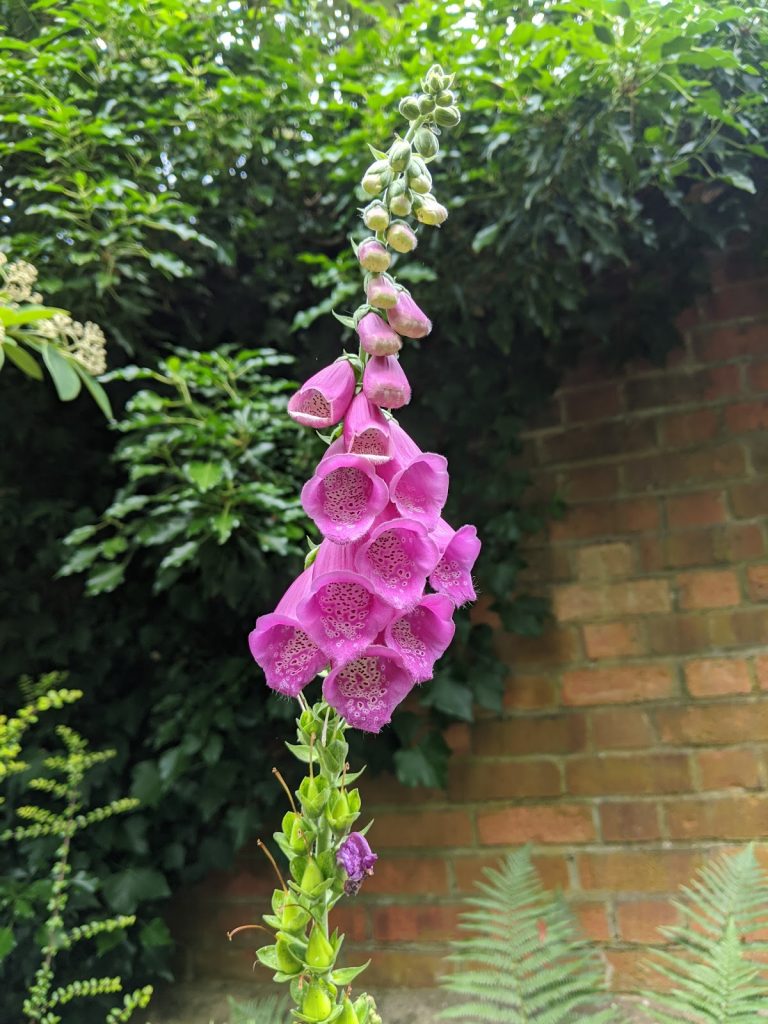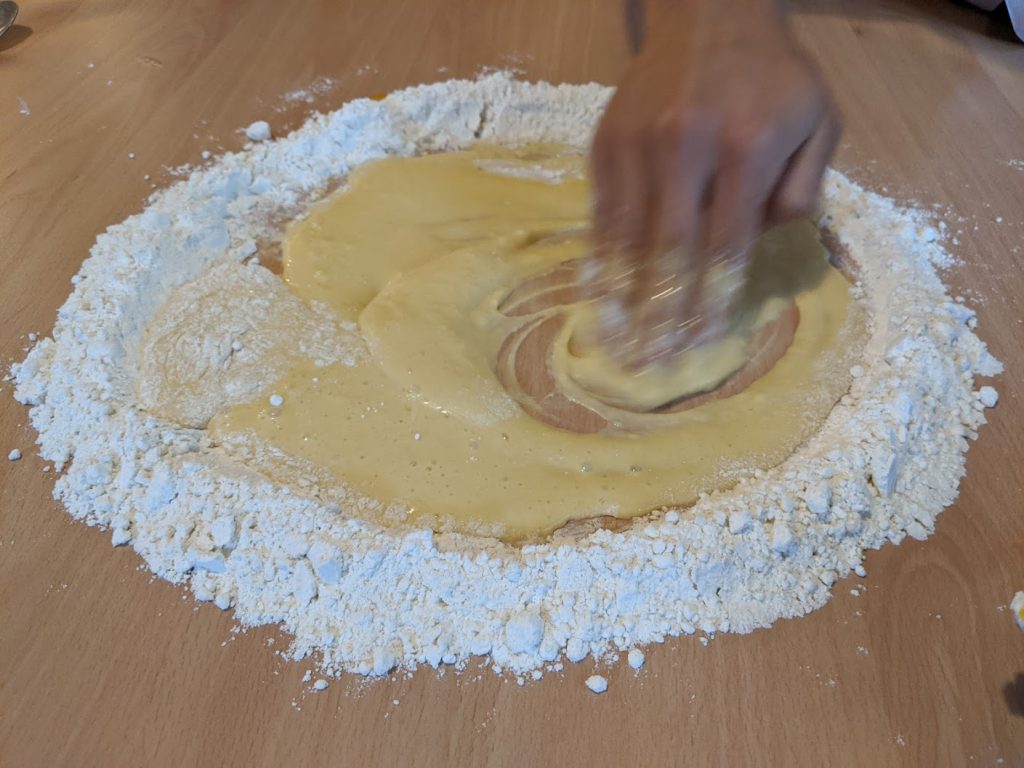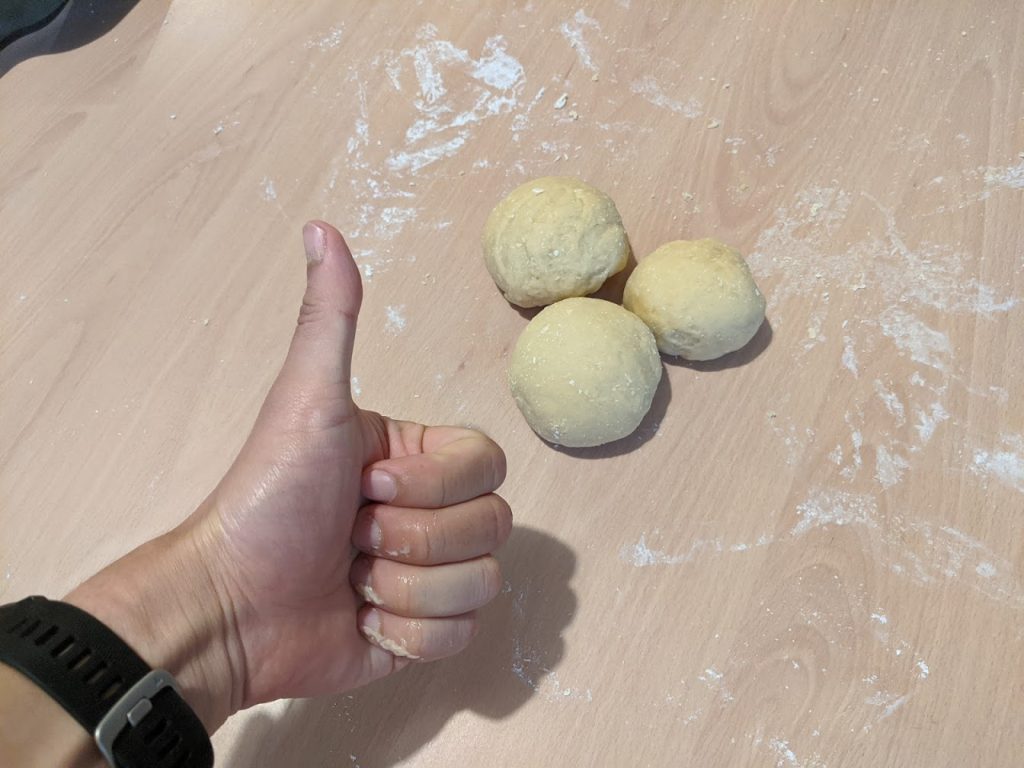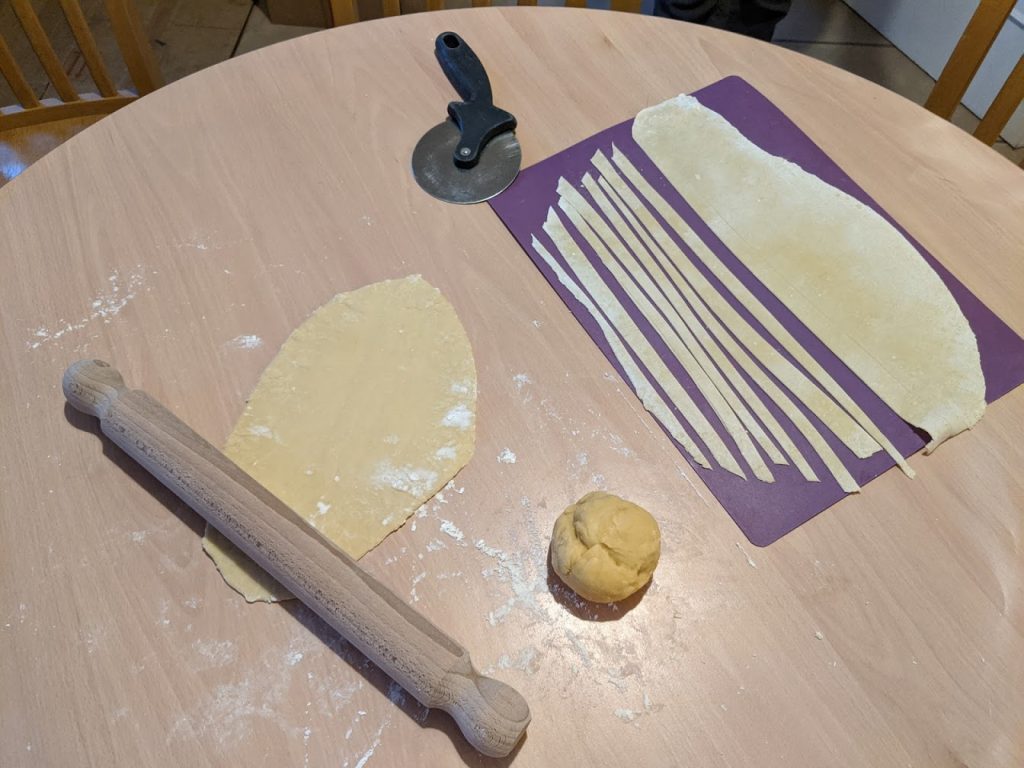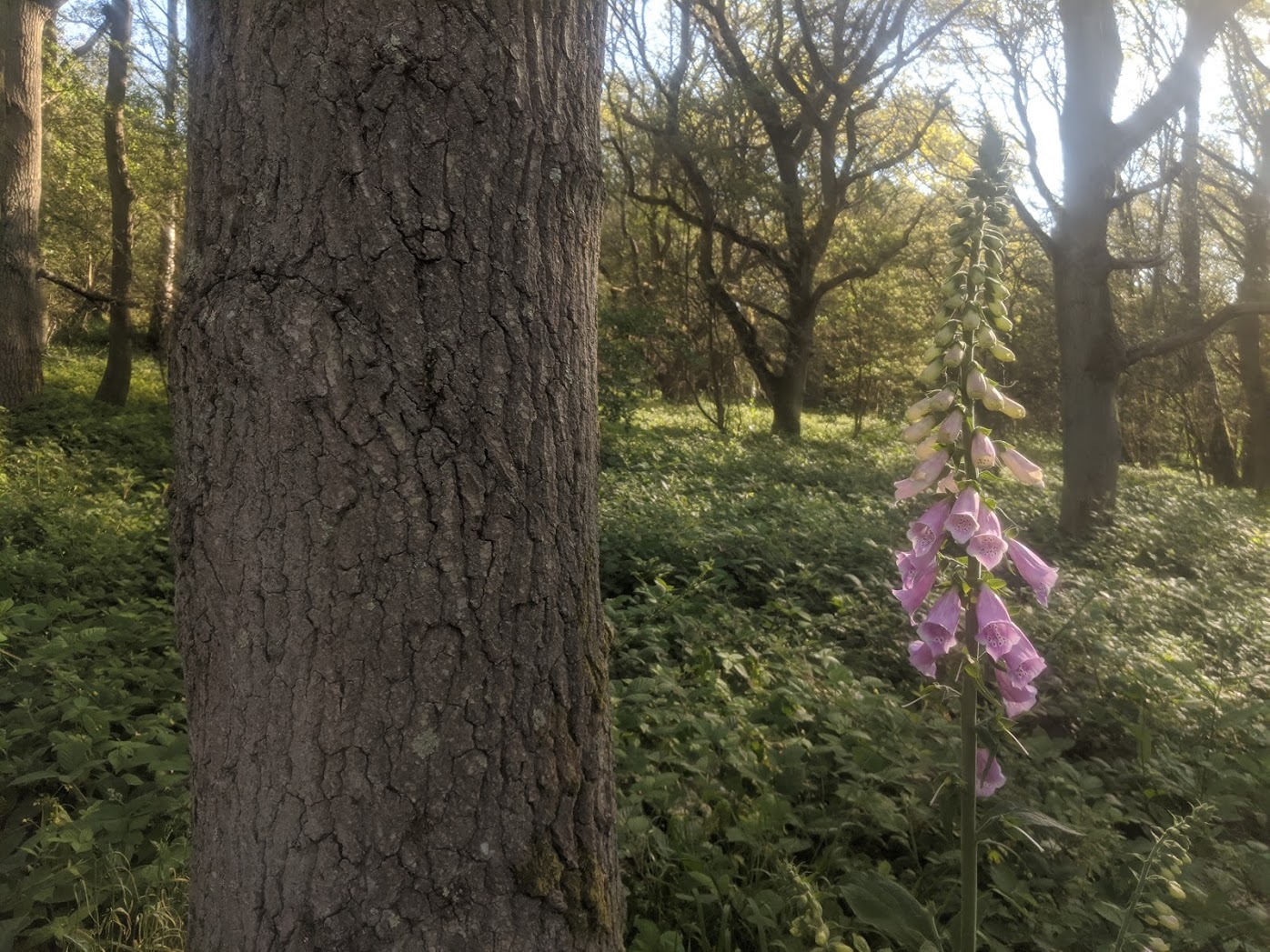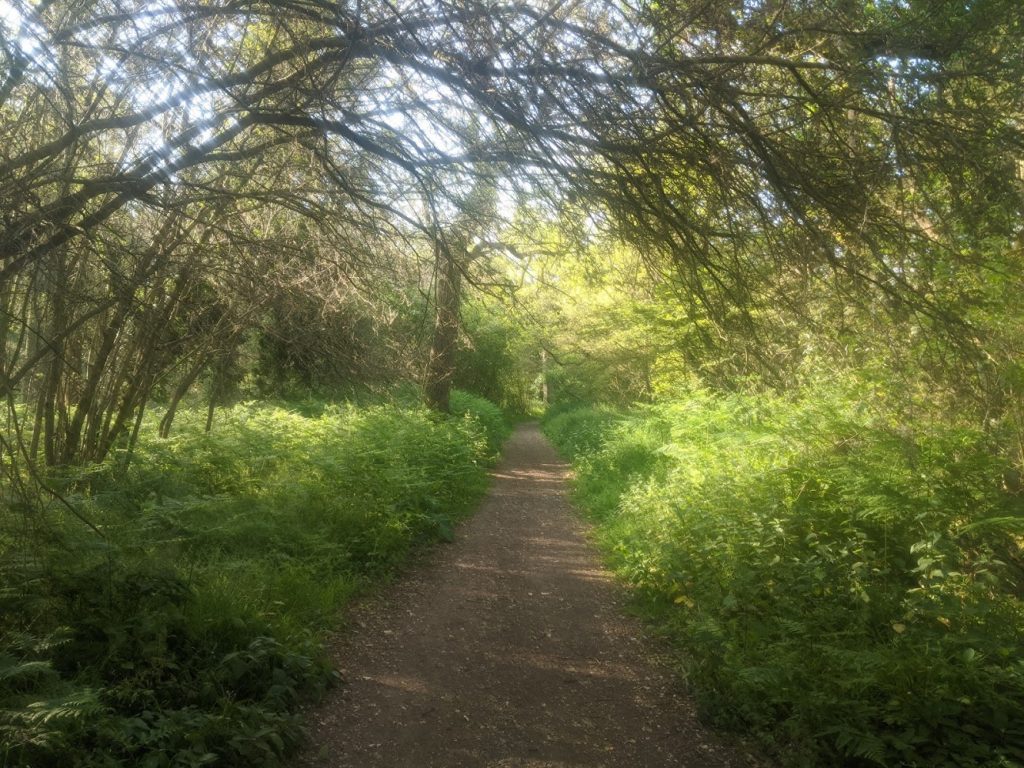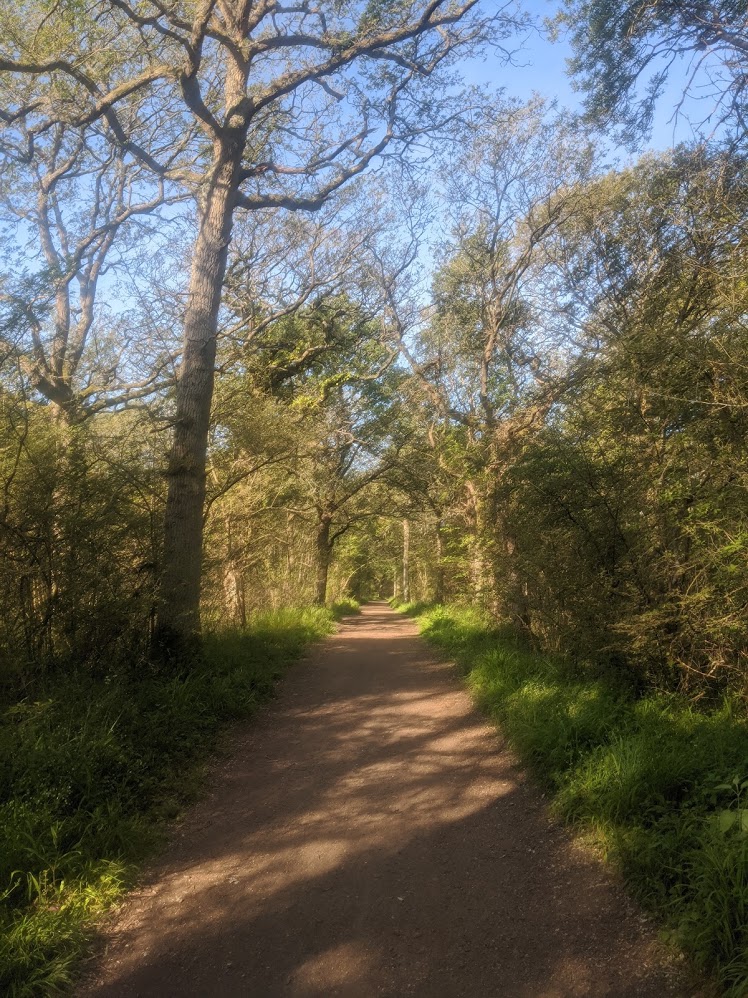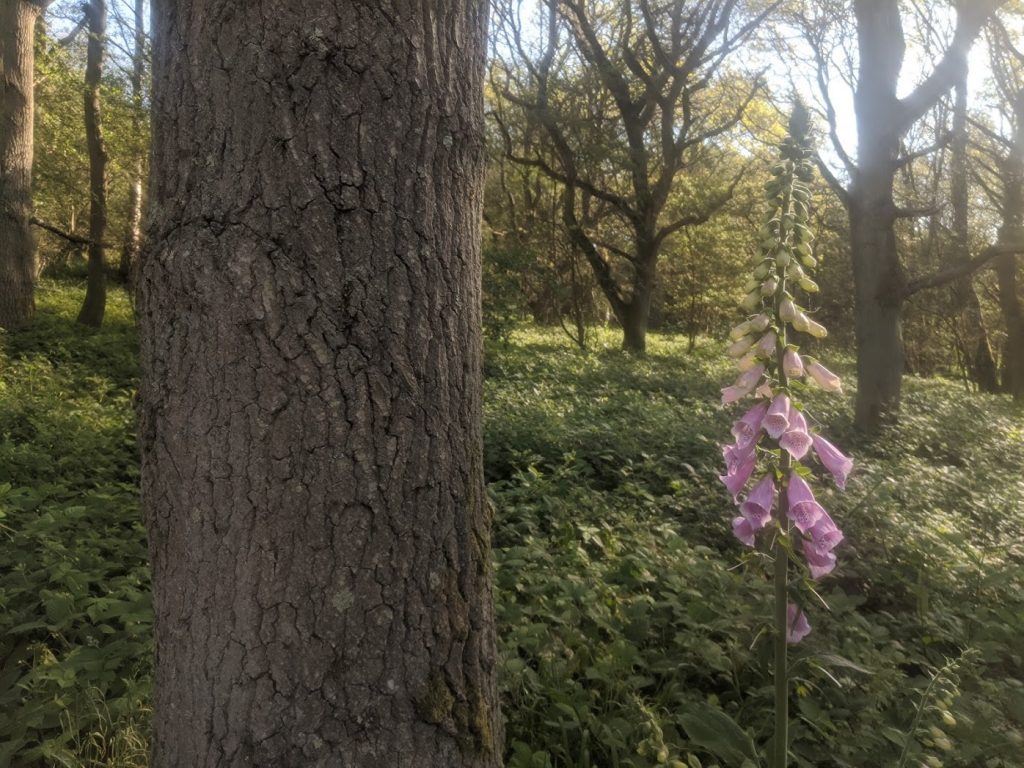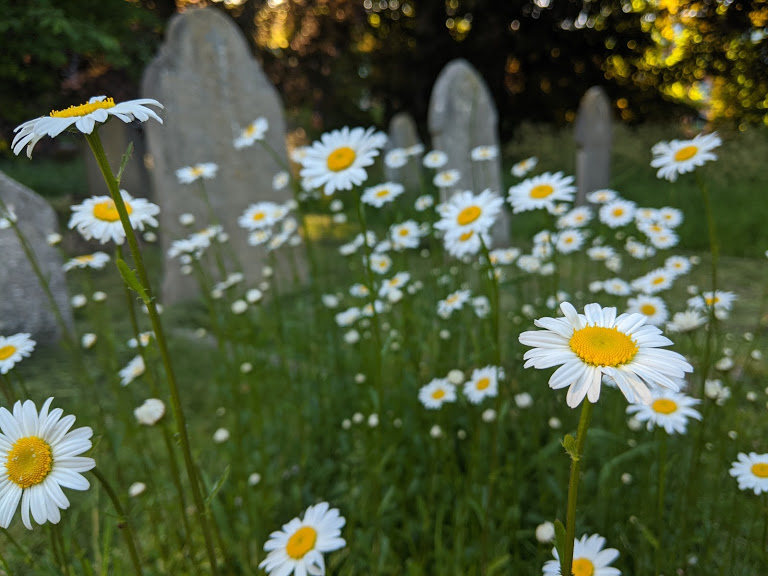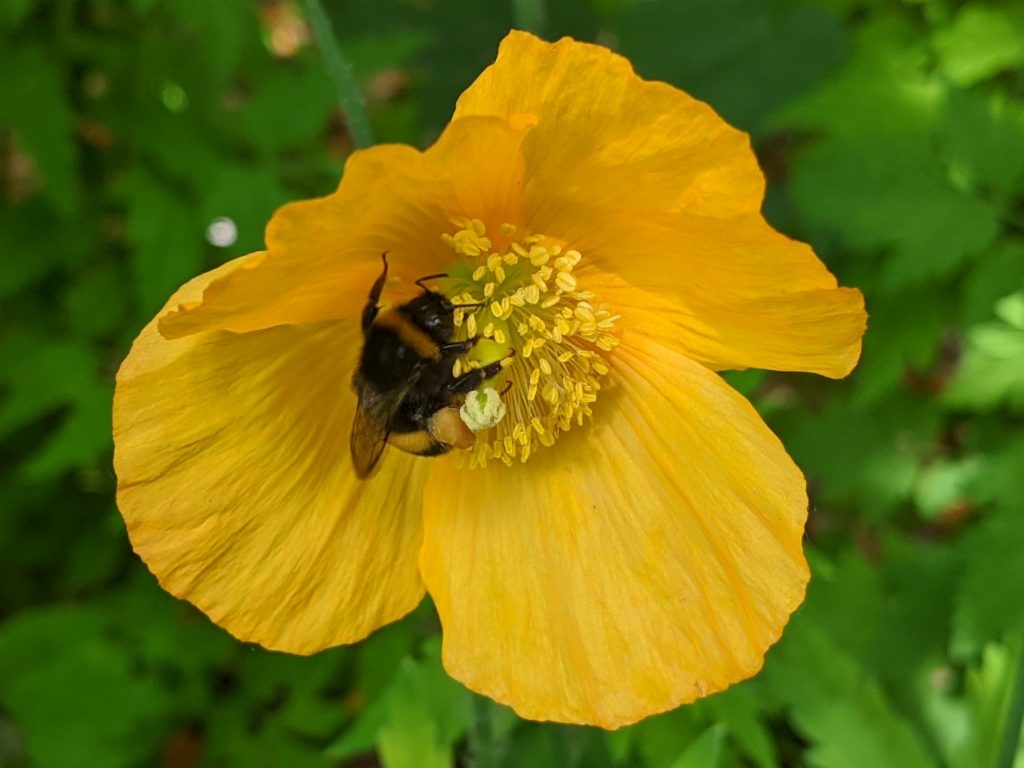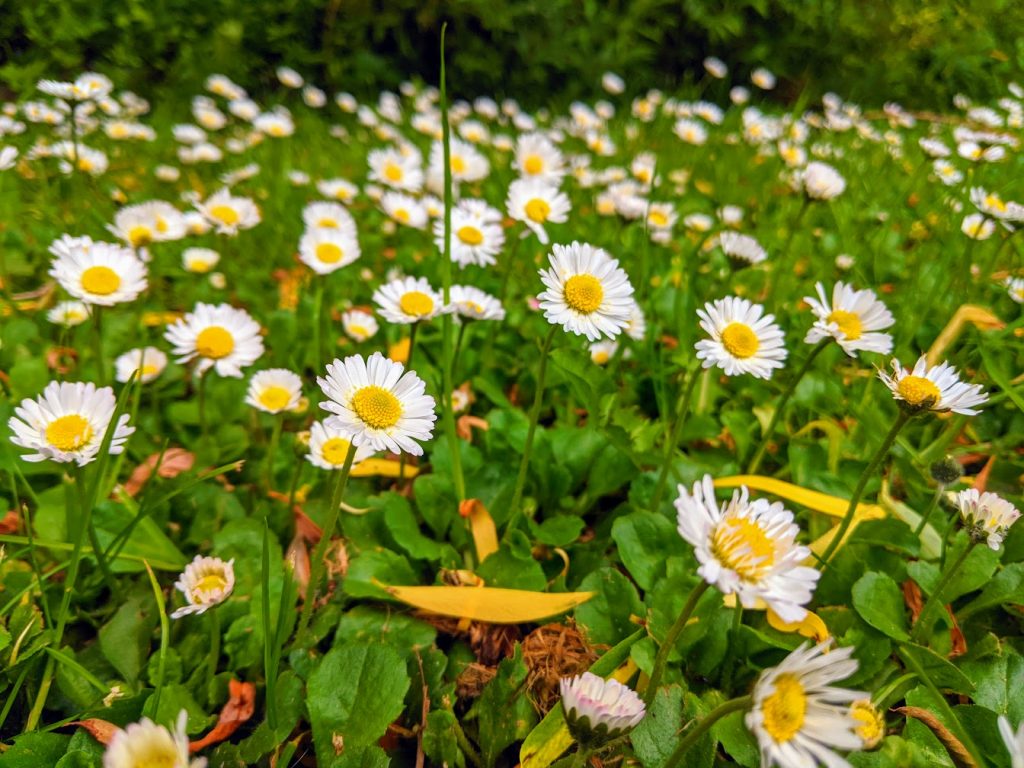This week has been challenging, but that is a good thing. I am still overwhelmed, and still happily so. While I struggle and fail at some of my tasks at ONI, in others I am bringing the company closer to achieving its mission. I am reconnecting with friends and family, and helping them where I can, while they help me see my flaws and weaknesses. In physical fitness, I miss the mark in many sessions, but the overall trend is improvement. My discipline is too weak too often, but it is getting stronger.
Does success come at the cost of happiness?
Some incomplete thoughts I would still like to share, with two motivations. 1. By sharing the fears I am uncomfortable with, I become more comfortable and less afraid. Those insecurities become less powerful. 2. I hope that others who suffer the same fears might find my example useful.
A couple years ago I caught up with a friend here in Oxford, who I had worked with in Australia. He asked me about a theory I shared when we worked together in 2014: To succeed you need to be unhappy. I had suggested that contentedness leads to complacency, if you are happy there would be little motivation to work hard. I believed that to truly excel one had to be pushed by some sufficiently powerful force to suffer and sacrifice in pursuit of excellence. The pressure driving me in 2014 was an unpleasant insecurity, and I extrapolated that others’ driving forces would be emotionally negative. Working for several days with little to no sleep hurts. Studying personal failures in detail is unpleasant, but necessary to overcome them. Satisfaction would mean that what was achieved was sufficient, and therefore prevent further progress. To be great, one needed to feel deeply unhappy. At that time I felt that “being clever” something I thought I understood then but now struggle to define, was all important, and I was driven by insecurities around my own intelligence to demonstrate just how clever I was. Taking too many university courses at once, obsessing over intellectually competitive extra-curriculars, and plotting my path towards the meccas of academia.
Nearly 6 years have passed since I espoused those ideas. Only in the past year have I really felt those insecurities melt away. It hurts much less to think about the various failures of the past, in part because the passing of time makes them seem less significant, but much more because the things I value have shifted. I care less about some abstract conception of intelligence, and much more about my actions and processes. Rather than attempting to placate my ego by proving to myself and others that I am clever, I am more detached from how my abilities are seen and more focused on working towards a “good”.
As I stand here, a little excited that this will be my 101st post, I feel happy and content, but also anxious and driven. Life is more pleasurable when time is taken to appreciate the moments of happiness and peace, however or whenever they occur. More than this simple hedonism, these positive emotions help relieve the burden of the pain that comes from growing and struggling to make our world better. I am often distracted, and I view distraction as hesitation or aversion from facing pain. Writing is hard when there is a gap between the initial and desired output; I must face the weakness of my ideas and words. Too much pain is paralysing, but to avoid pain totally gives in to the easy path of complacency.
In short, I still feel that to excel, to grow, to build, requires suffering. That suffering need not be constant, and the desire to suffer can be driven by happiness, and by love, and these positive drivers make the burden of growth all the easier to bear.


